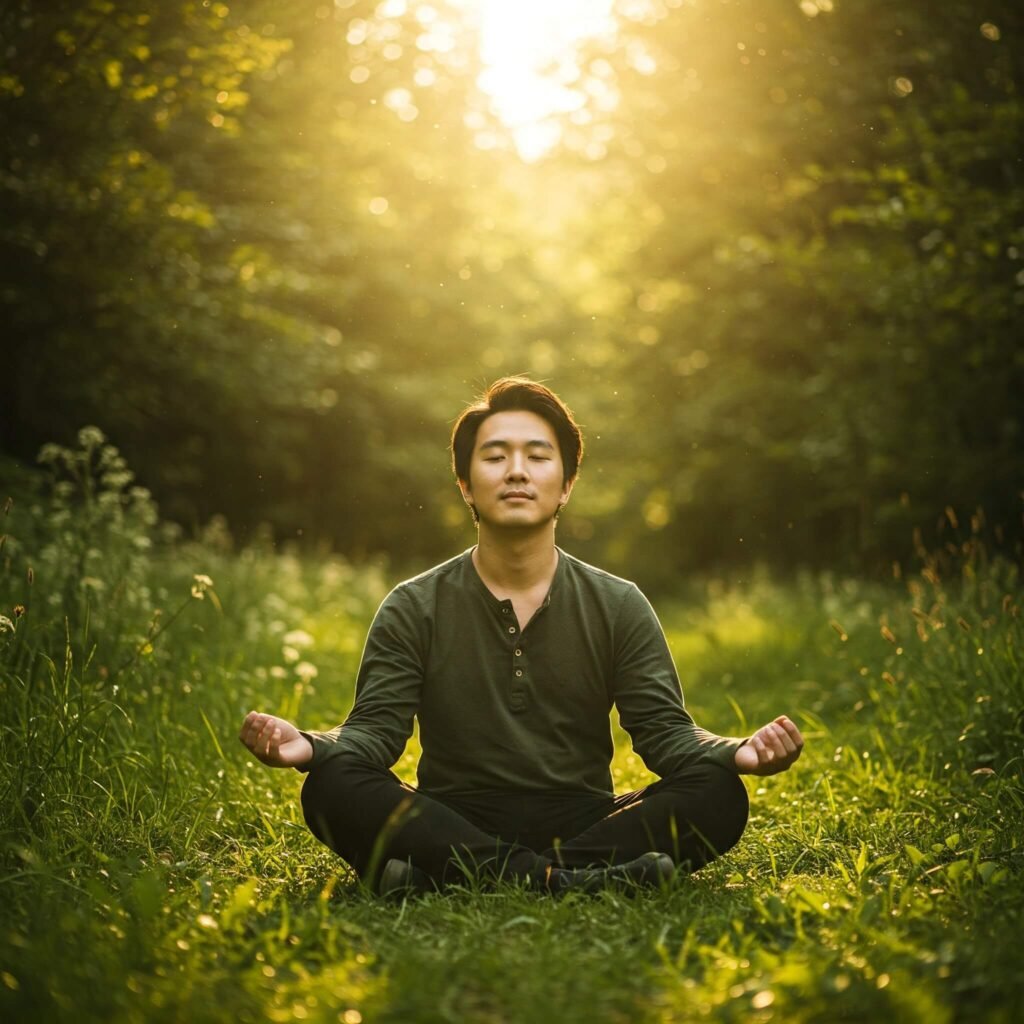In today’s fast-paced world, many people are exploring spirituality vs. religion to find meaning and purpose. While these terms are often used interchangeably, they represent distinct approaches to understanding life’s big questions. Whether you’re on a spiritual journey or rooted in religious beliefs, knowing the difference can help you navigate your path with clarity. This blog dives into the nuances of spirituality vs. religion, offering insights, real-world examples, and actionable takeaways to guide you.

What Is Spirituality?
Spirituality is a deeply personal, often fluid exploration of meaning, purpose, and connection to something greater. Unlike religious beliefs, personal spirituality doesn’t require adherence to specific doctrines or institutions. It’s about inner growth and self-discovery.
Key Characteristics of Spirituality
- Individualized: Focuses on personal experiences and beliefs.
- Flexible: Adapts to your evolving spiritual journey.
- Universal Connection: Emphasizes unity with nature, the universe, or a higher power.
For example, Sarah, a 32-year-old graphic designer, practices yoga and mindfulness to feel connected to the universe. Her spiritual practices don’t align with any organized religion, but they bring her peace and purpose.

What Is Religion?
Religion is a structured system of religious beliefs, rituals, and practices often centered around a specific deity or sacred text. It provides a communal framework for worship and moral guidance, rooted in tradition.
Key Features of Religion
- Organized Structure: Includes institutions like churches, mosques, or temples.
- Shared Beliefs: Followers adhere to a common doctrine (e.g., the Bible, Quran).
- Community Focus: Emphasizes collective worship and rituals.
Take Michael, a devout Christian, who attends church weekly and follows the Bible’s teachings. His faith is grounded in the community and traditions of his religion, contrasting with Sarah’s personal spirituality.
Spirituality vs. Religion: Key Differences
While spirituality vs. religion may overlap, their differences are significant. Here’s a breakdown:
| Aspect | Spirituality | Religion |
|---|---|---|
| Structure | Personal, unstructured | Organized, institutional |
| Belief System | Flexible, self-defined | Fixed doctrines |
| Community | Often solitary or loosely connected | Strong communal ties |
| Practices | Varied (meditation, nature walks) | Ritual-based (prayer, sacraments) |
Understanding these distinctions can help you decide which path aligns with your spiritual journey. For instance, someone seeking structure may gravitate toward religion, while those valuing flexibility may prefer personal spirituality.
Does the Difference Matter?
The debate over spirituality vs. religion matters because it shapes how we find meaning, build communities, and navigate life’s challenges. Here’s why:
1. Personal Fulfillment
- Spirituality offers freedom to explore spiritual practices that resonate with you.
- Religion provides a clear path with established guidelines, which some find comforting.
2. Community and Belonging
- Religion fosters strong social bonds through shared religious beliefs.
- Spirituality may lead to looser, more diverse connections, like meditation groups.
3. Conflict and Misunderstanding
- Misjudging spirituality vs. religion can lead to stereotypes (e.g., “religion is rigid” or “spirituality is flaky”).
- Recognizing their value promotes mutual respect.
Real-World Example: A 2020 Pew Research study found that 24% of U.S. adults identify as “spiritual but not religious,” highlighting the growing trend of personal spirituality over traditional religious beliefs. This shift shows the importance of understanding both paths.

Can You Be Spiritual and Religious?
Absolutely! Many people blend spirituality vs. religion to create a hybrid path. For example, Lisa, a Buddhist, follows her temple’s teachings (religion) but also meditates daily to explore her personal spirituality. This combination allows her to benefit from both structure and flexibility.
Tips for Blending Spirituality and Religion
- Reflect on what aspects of each resonate with you.
- Engage in spiritual practices like journaling to clarify your beliefs.
- Join communities that align with your values, whether religious or spiritual.
Actionable Takeaways for Your Spiritual Journey
Whether you lean toward spirituality vs. religion, here are practical steps to deepen your path:
- Explore Both Paths: Attend a religious service and try a meditation class to see what feels right.
- Journal Your Thoughts: Write about your beliefs to uncover your personal spirituality.
- Connect with Others: Join online forums or local groups to share experiences.
- Stay Open-Minded: Respect others’ religious beliefs and spiritual practices to broaden your perspective BibleStudyTools.com.
Conclusion: Finding Your Path
The difference between spirituality vs. religion lies in their approach—personal exploration versus structured tradition. Whether you choose one, both, or neither, what matters is finding a path that brings you peace and purpose. Reflect on your spiritual journey, experiment with spiritual practices, and embrace what resonates with you.
































